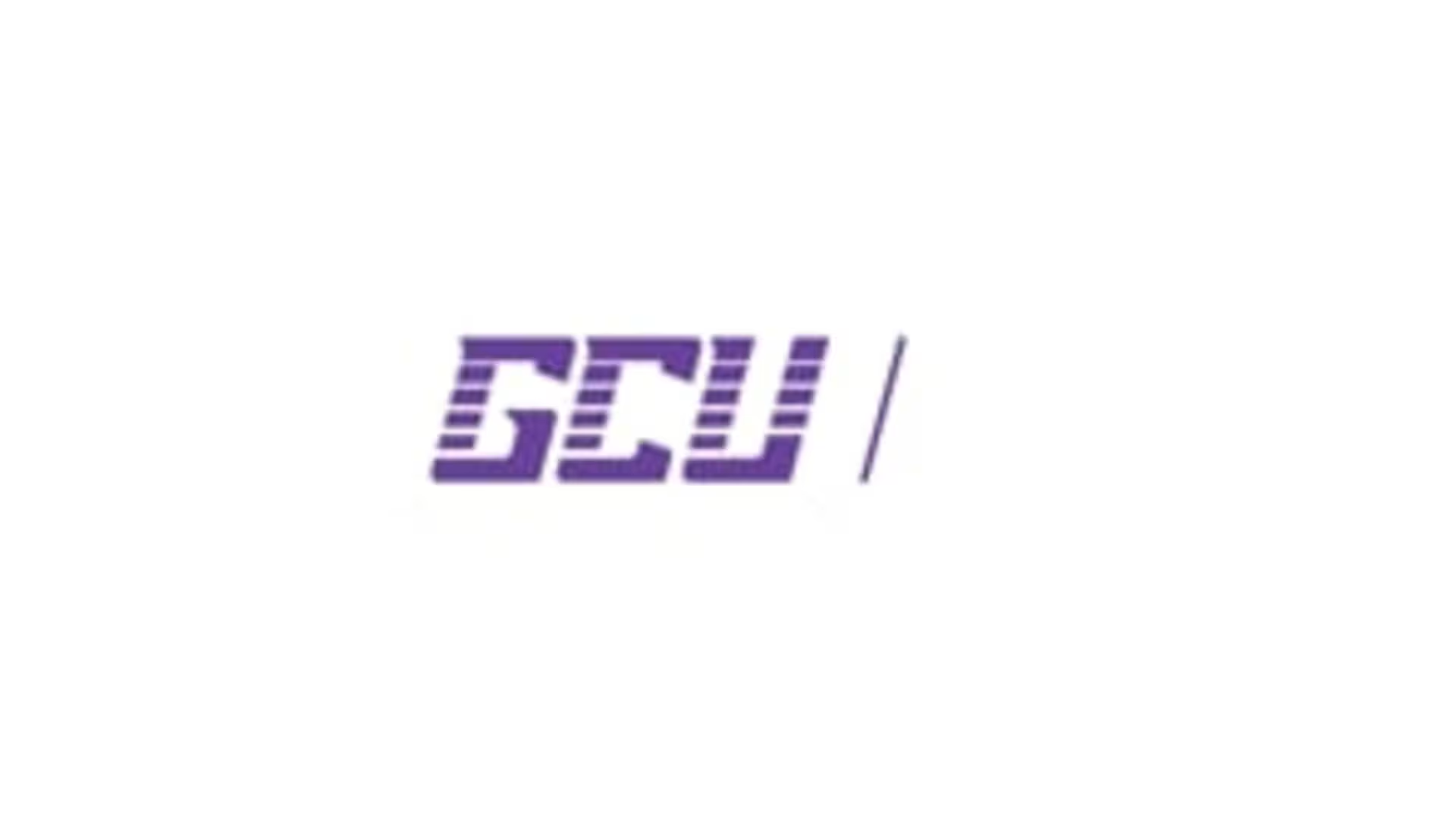STEM degrees are college programs in science, technology, engineering and mathematics. The term STEM is usually applied to loosely describe areas that directly relate to the hard sciences.
STEM degrees are rapidly becoming some of the most sought-after fields in today’s job market. Whether you’re passionate about solving complex problems or driving innovation, there is a wide range of career paths in STEM fields for you to explore.

What Does STEM Stand For?
STEM stands for science, technology, engineering and mathematics. These are the STEM fields, or the hard science fields. At Grand Canyon University, we’re committed to teaching students in STEM degrees how to prepare for potential careers in these fields.
Our engineering, computer science and information technology programs are designed to help meet the needs of the up-and-coming STEM workforce. Our curriculum challenges and adapts according to rapidly changing new developments in STEM industries. Our STEM advisory board also helps ensure that our programs follow best practice standards, meet the needs of STEM disciplines and address the current STEM space.
In addition to degree programs and robust curricula, GCU offers various STEM opportunities, including scholarships, summer camps for hands-on experiences and challenging team events, such as the STEM Ultimate Showdown and AzHOSA competitions.
What Are Possible STEM Careers?
There is an incredibly diverse range of STEM careers you might consider pursuing. To narrow down your options a bit, first decide whether a career in science, technology, engineering or mathematics might suit your interests best.
Science Career Options
Not all science fields belong in the STEM category. Social sciences, for example, is categorized along with the other humanities fields. Instead, the "S" in STEM typically applies to natural sciences and formal sciences, the former including chemistry, biology, physics and environmental science, while the latter focuses more on mathematics and statistics.
If you have a passion for discovering how the world around you works, you might consider pursuing a science career. These roles often involve research, analysis and the application of scientific principles to add to the body of knowledge in the field, solve problems or make life better for others.
Some examples of science careers include:
Technology Career Options
The field of technology is quite diverse, comprised of organizations that are involved with electronics, software, information technology, computer hardware, and communications, to name a few. In short, the technology field centers on all of the machines, systems and tools that are intended to make tasks easier — whether it’s communicating with someone or marketing a business.
If you enjoy working with computers and other forms of technology, there are plenty of career pathways to consider in this STEM field. For example, you might consider becoming a cybersecurity analyst. They are responsible for monitoring an organization’s computer networks and devices for vulnerabilities, investigating security breaches and strengthening cybersecurity to prevent cyberattacks.
Other possible careers in the technology field include:
Engineering Career Options
Engineering covers a broad range of specialized fields that relate to the designing and building of things such as machines, other technologies, buildings, roads and other structures. The engineering field is broad, with plenty of areas for specializations and sub-specializations.
To narrow down STEM careers within the engineering field, it’s helpful to learn about the different areas of specialization and consider how they might align with your strengths and interests. Some of the specialization options include:
Mathematics Career Options
The mathematics field focuses on numbers and calculation techniques. Subfields include arithmetic, the study of numbers and the properties of operations on them; geometry, concerned with the shape, size and position of figures; and algebra, the study of mathematical symbols.
Almost all STEM fields involve math to some degree. Applied mathematics brings these methods and concepts to other fields of STEM. Competency in mathematics is a core focus of most, if not all, areas of science, technology and engineering.
The various careers that emphasize mathematics tend to rely on quantitative skills for the interpretation of data and assessment of risk in order to guide strategic decision-making. Some careers in this area include:
Enroll in a STEM Program at GCU
The College of Engineering and Technology at GCU brings a cross-disciplinary approach to our STEM degrees in order to teach workplace-ready skills. With faith-integrated courses, our Christian university strives to nurture servant leadership in our students. Fill out the form on this page to speak with a university counselor about our STEM degree options.






